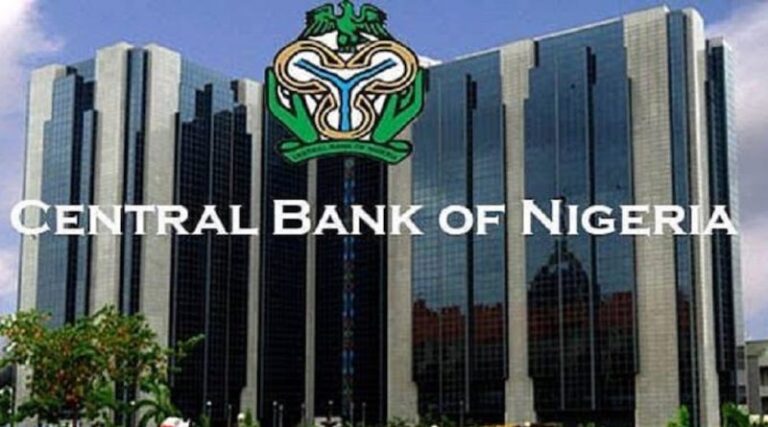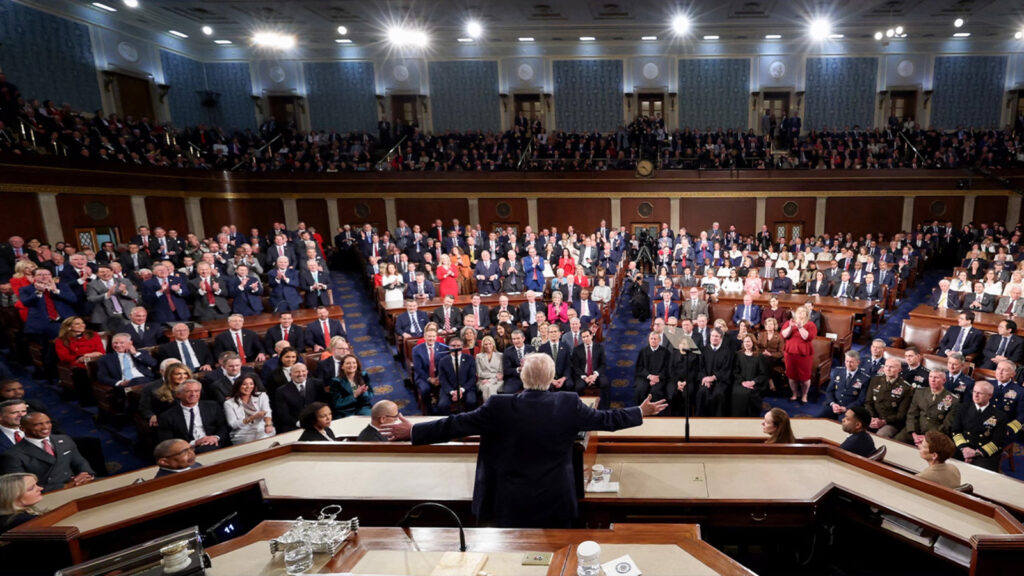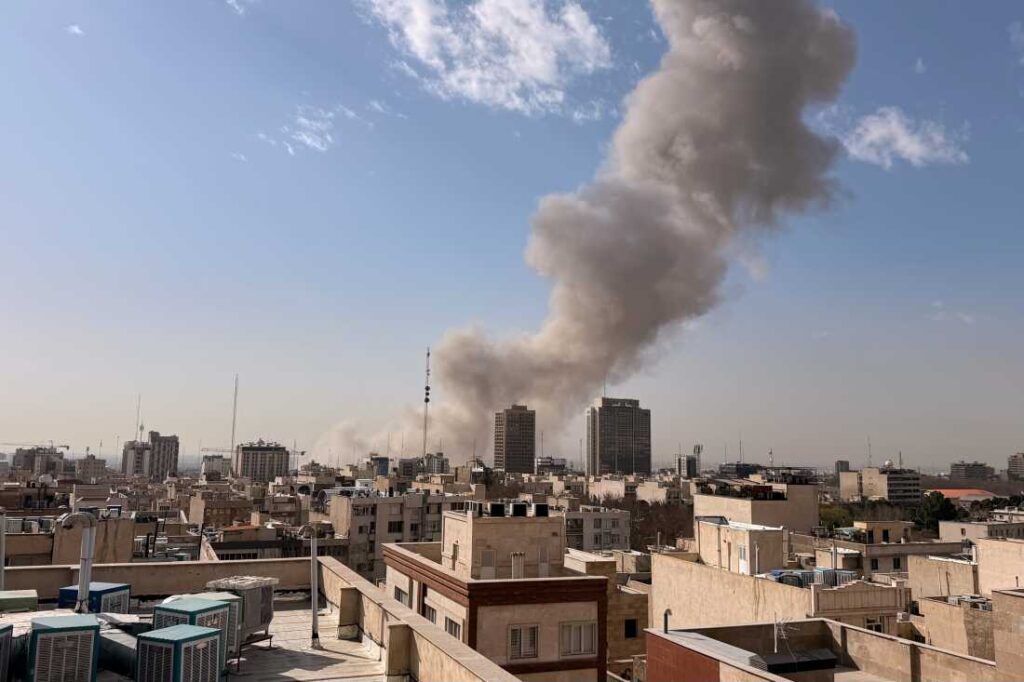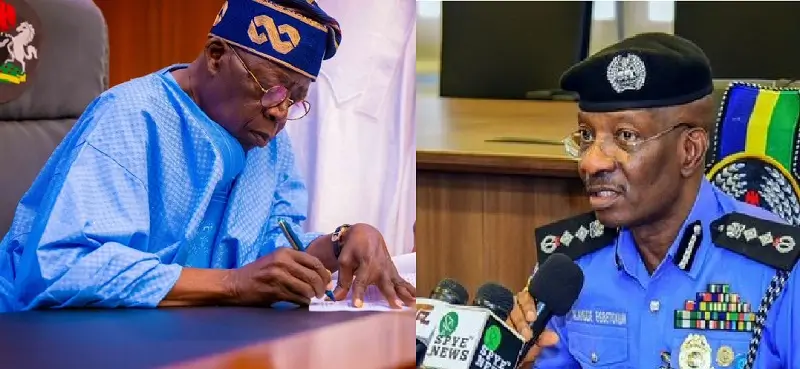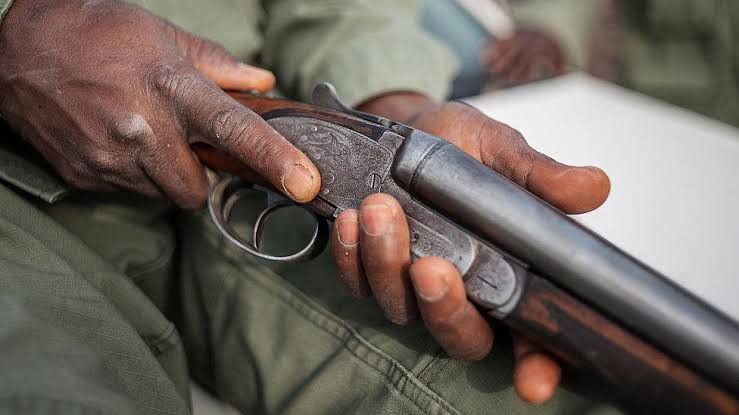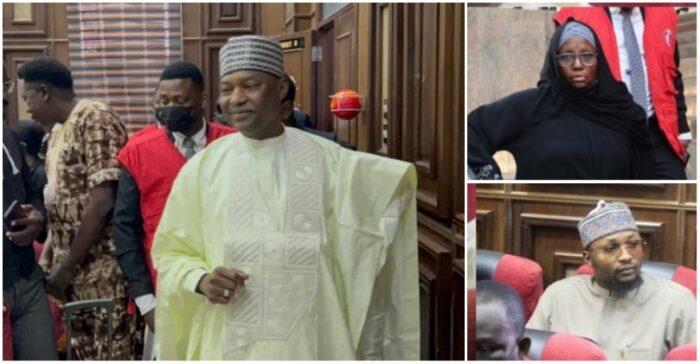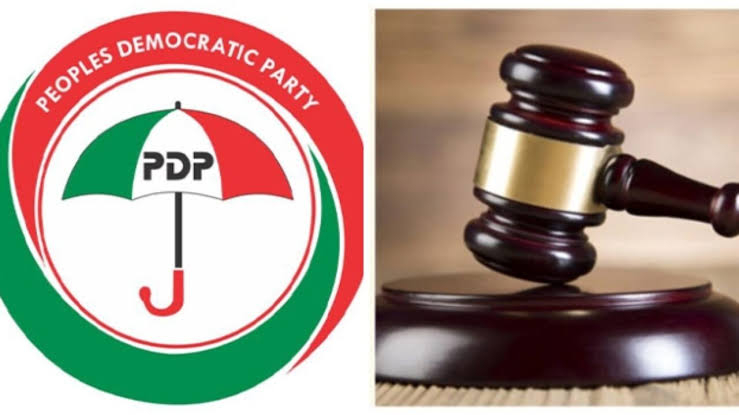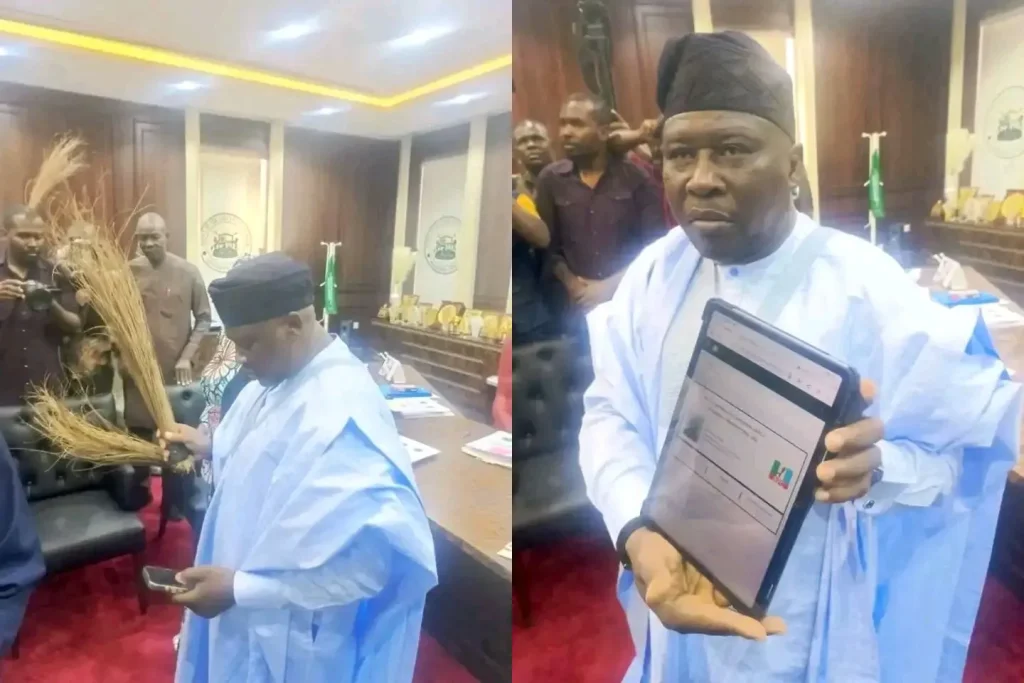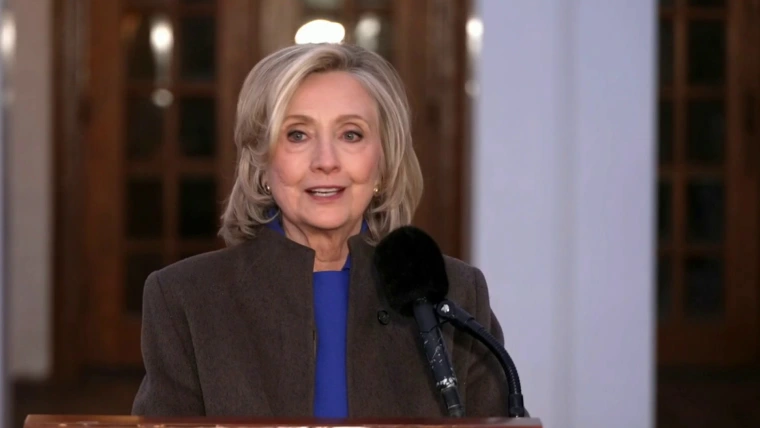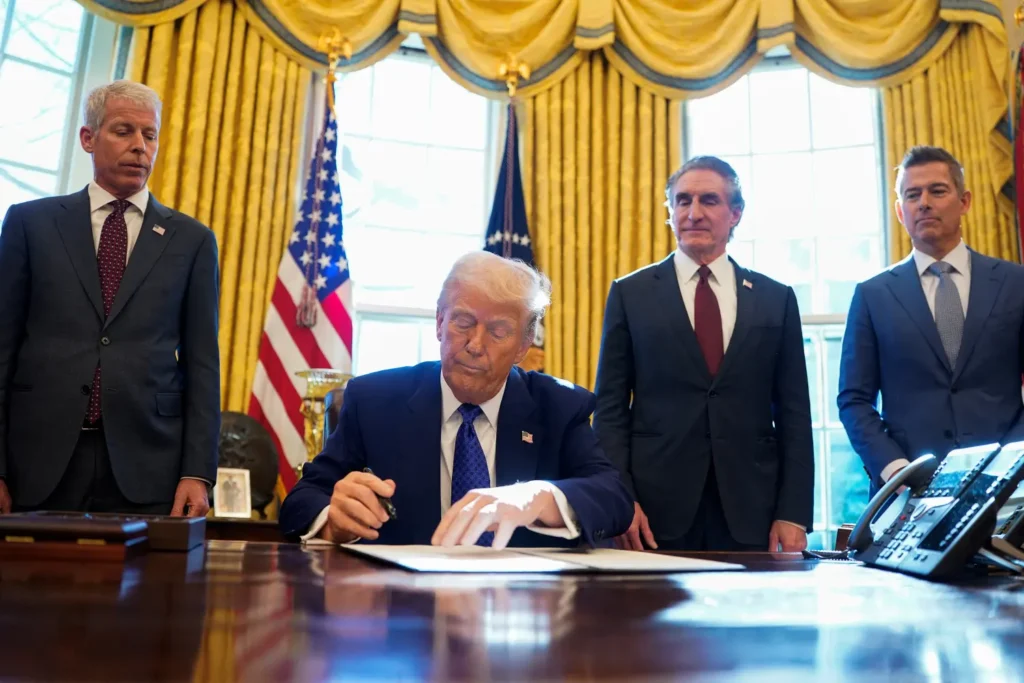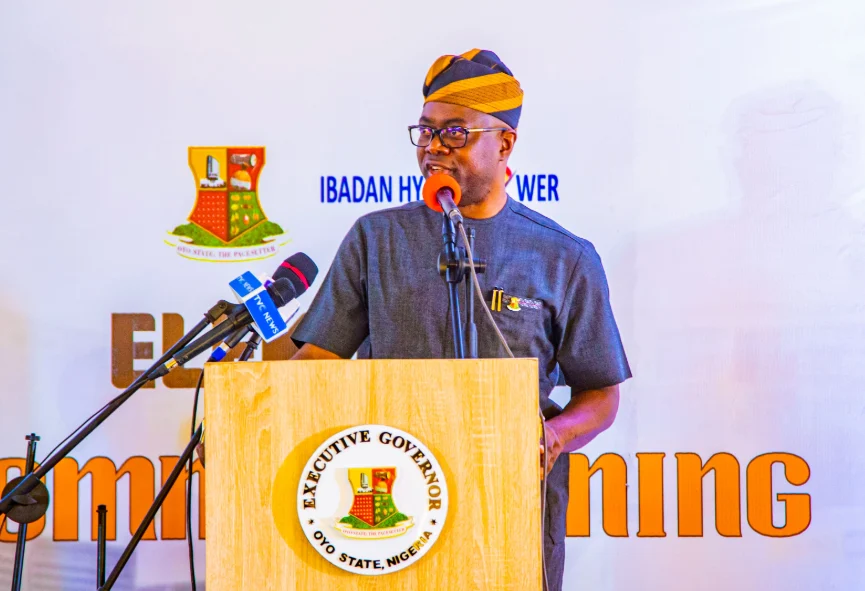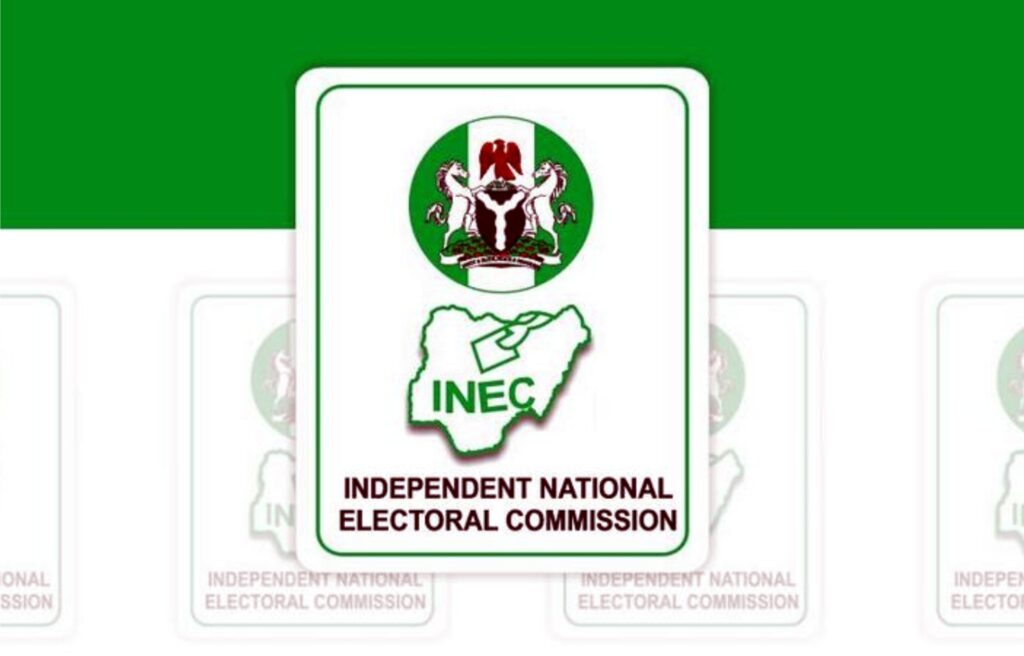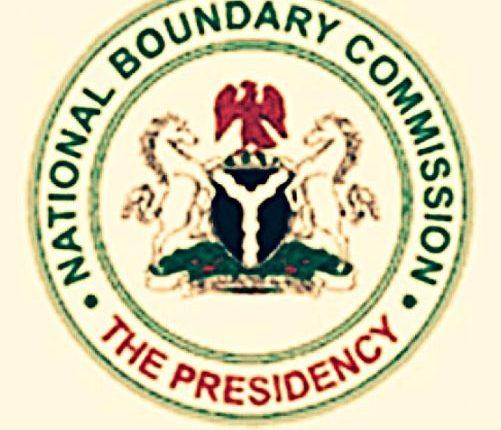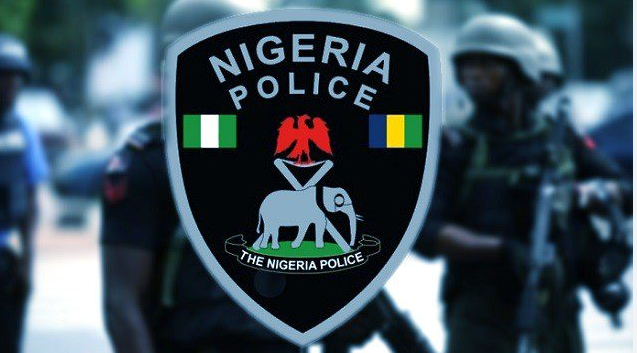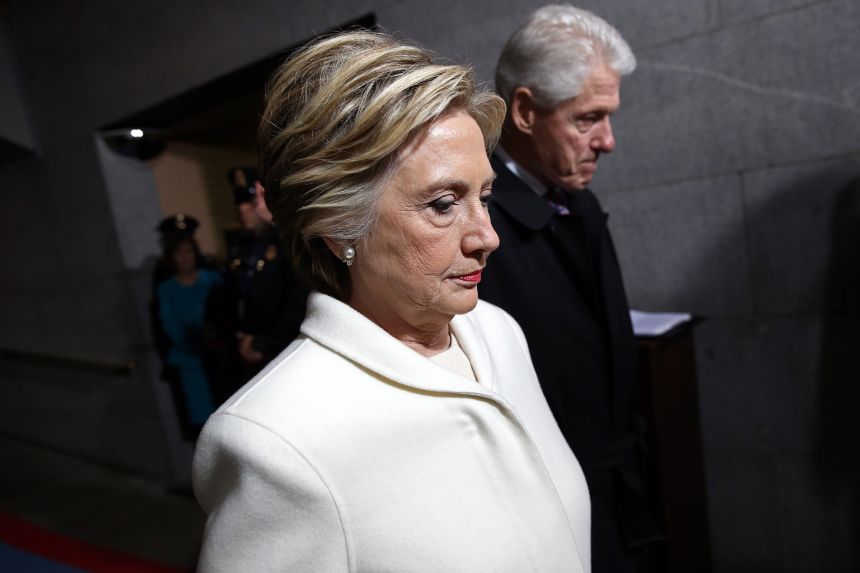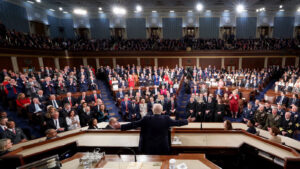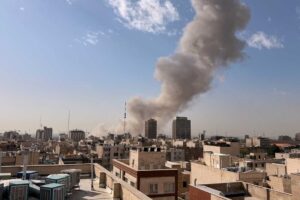The Central Bank of Nigeria (CBN) has come forward to intervene in the country’s crippling fuel crisis, boosting the prospect of a rapid settlement.Godwin Emefiele, the governor of the Central Bank of Nigeria, announced the action yesterday at the CBN’s Monetary Policy Committee meeting. He said the bank will work with key government agencies to reduce the impact of the fuel crisis on the Nigerian economy.
The apex bank wants to assist, boost the commodity’s supply and distribution across the country.
This is coming two months after the importation of the off-spec petrol which plunged the country into fuel scarcity of massive proportions. The Russia-Ukraine war has also resulted in supply shortage for import-dependent countries like Nigeria.
The CBN governor said the bank would first be engaging with the Nigerian National Petroleum Company (NNPC) Limited towards finding ways to end the lingering petrol scarcity, which had pushed up the price of petrol to between N165 and N230 per litre, while diesel sells for between N700 and 800/litre in the last eight weeks.

Emefiele pointed out that the substantial upward push to price levels continued to be influenced by supply-side factors such as the scarcity of PMS, persisting insecurity and backlash from the Russia-Ukraine war. These require a careful and focused policy intervention to address and resolve.
He expressed belief that a reduction in the arbitrary prices of petrol and diesel would automatically result in gradual moderation in prices of the products, which would ultimately result in the moderation in the prices of other products whose prices would have gone up as a result of the arbitrary increase in the prices of these items.
“If these actions are taken, we are positive that inflation will come down,” he said.
The CBN governor went on to say that product shortage was to blame for the arbitrary rise in fuel and petrol prices throughout the country. He expressed worry that rising energy prices were a key contributor to headline inflation, which reached 15.7 percent in February.
This comes after NNPC Ltd. denied reports that it had raised petrol prices at its depots. It warned the public and key stakeholders to disregard the information in a statement distributed through its social media platforms.
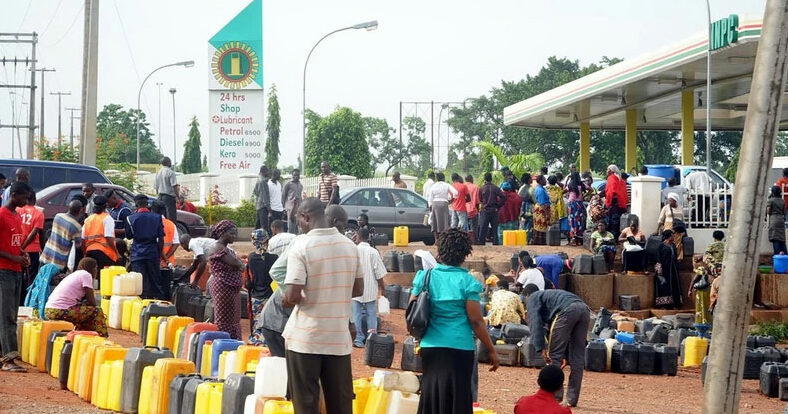
“It is fake news obviously concocted to cause confusion and to undermine the progressive drive of the NNPC to restore normalcy to the market,” it said.
On electricity, Emefiele said the apex bank would also partner with power sector regulators to address the challenges still affecting stable power supply in Nigeria. He said the recent nationwide blackout as a result of collapse of the national grid had also increased the demand for diesel to power private generators, and, by implication, increased demand in the already scarce product.
“We will be engaging with the power minister, NBET and NERC to see whatever we can do to support them,” the CBN governor stated.
According to him, the CBN had disbursed over N1.3 trillion in the last five years to support both the power generating and distribution companies. The facility was to improve capacity of the power sector to meet national demand and for the system to continue to operate.
In response to the IMF’s call for the CBN to reduce its intervention schemes, Emefiele said the apex bank was simply deploying home-grown solutions through its development finance mandate to assist the government’s fiscal arm by providing support facilities to businesses, individuals, and households.

